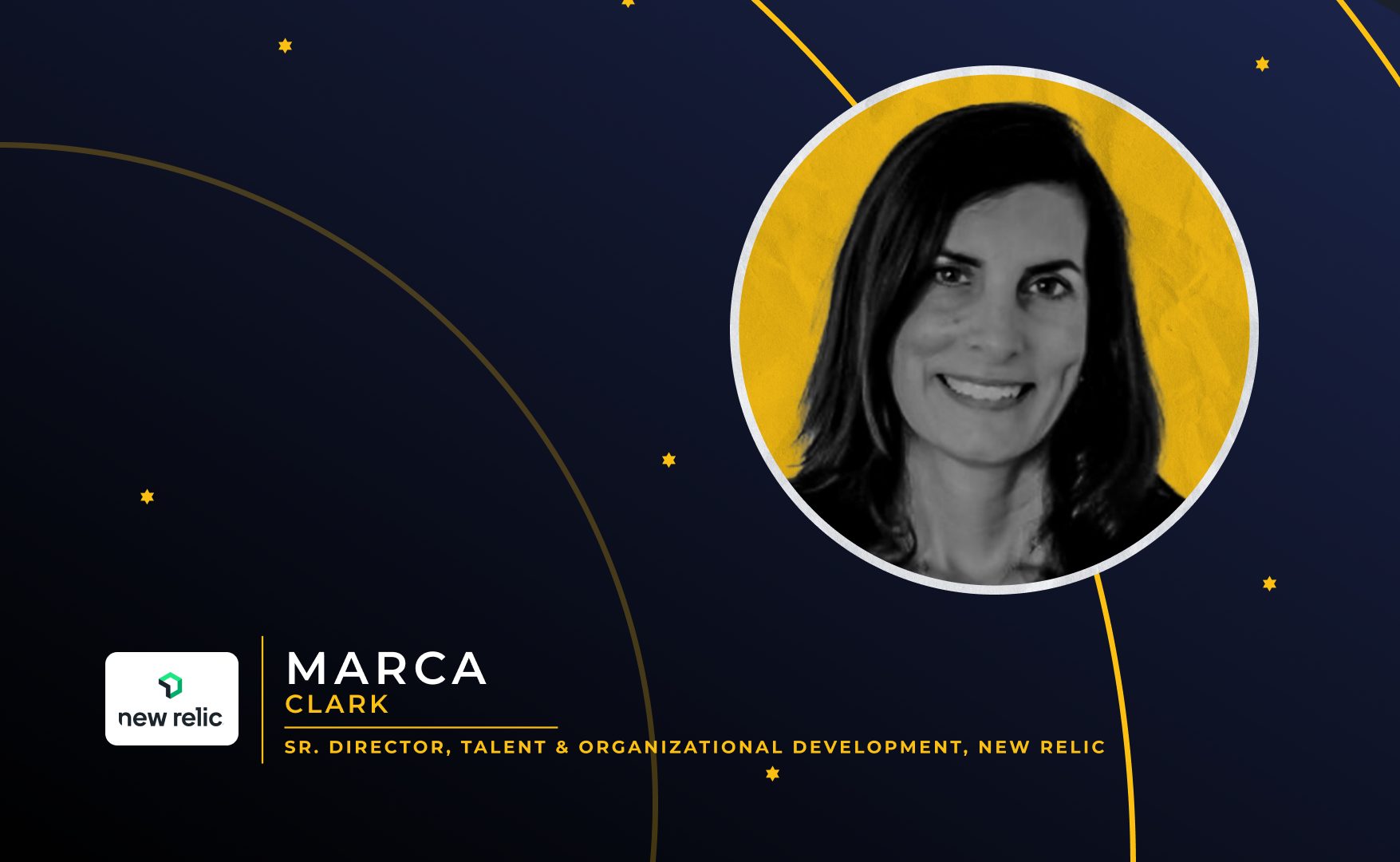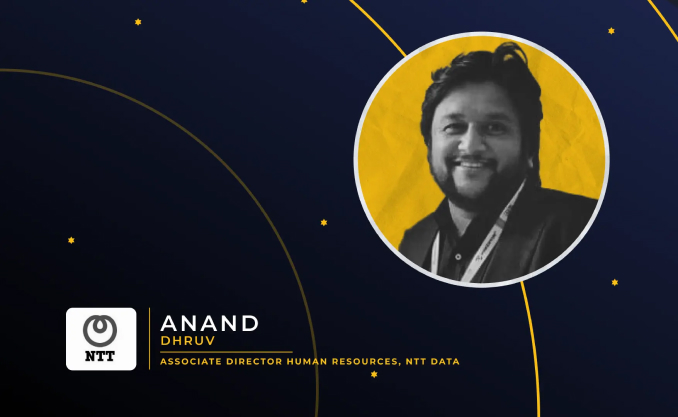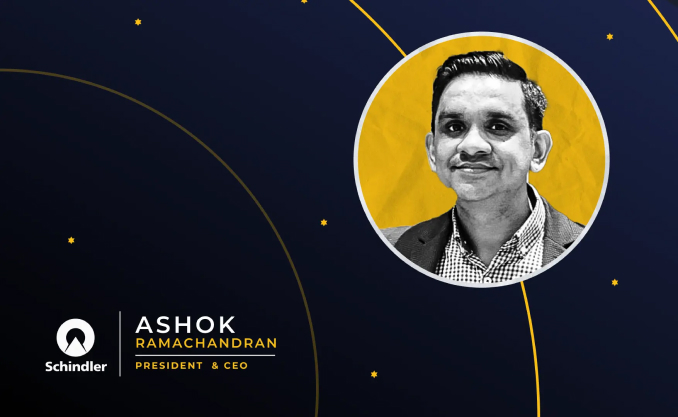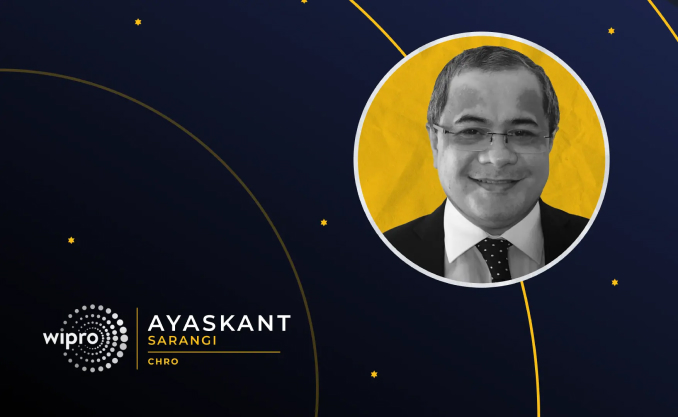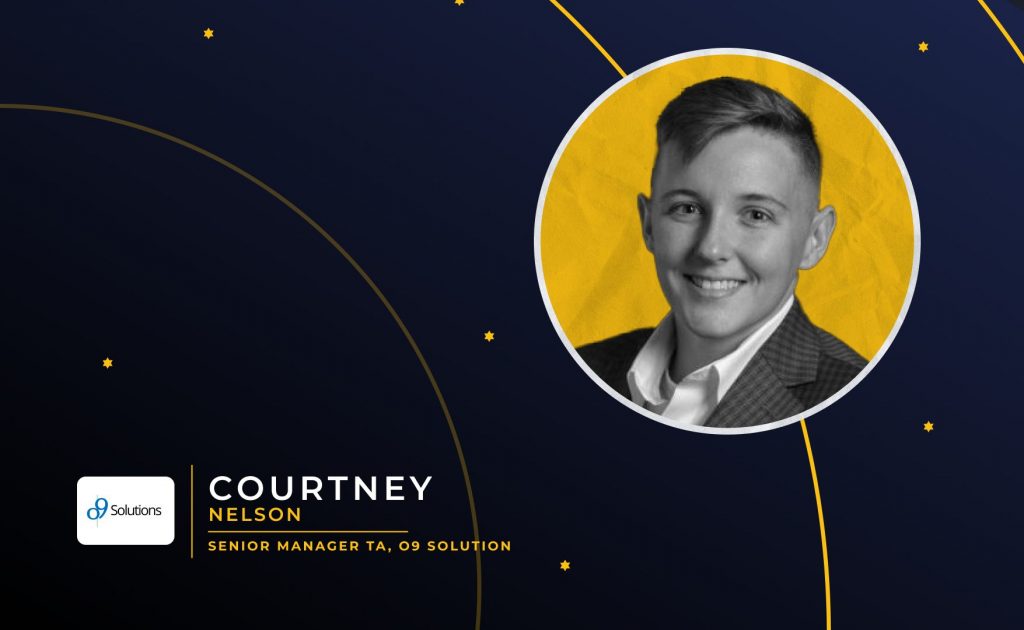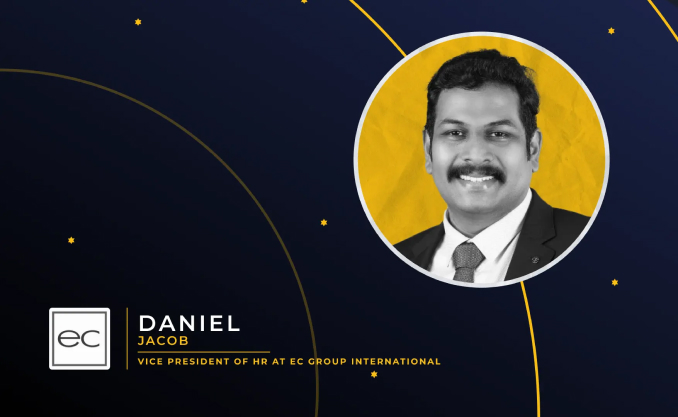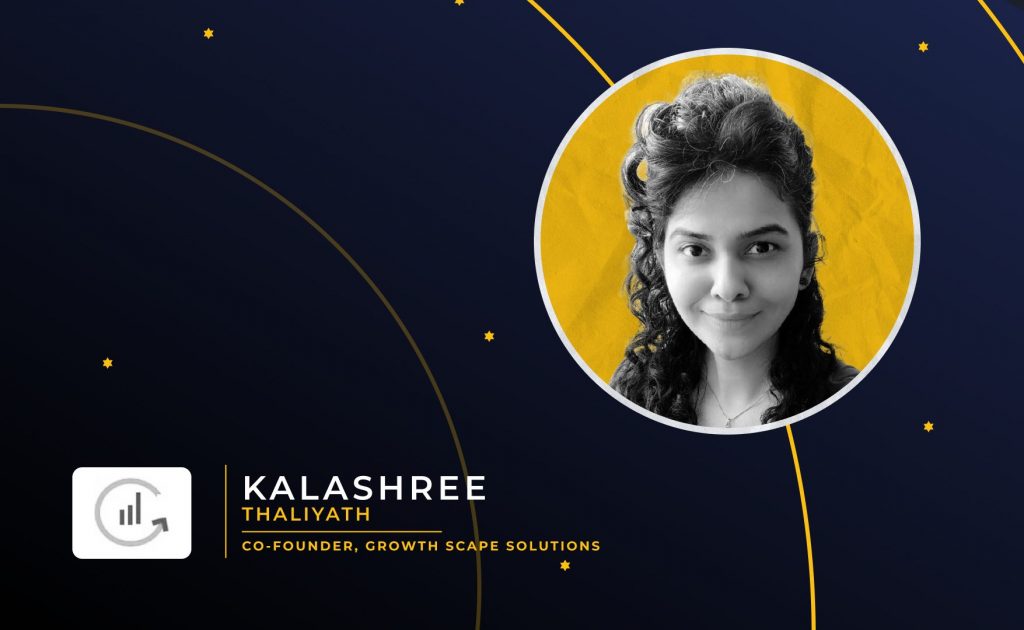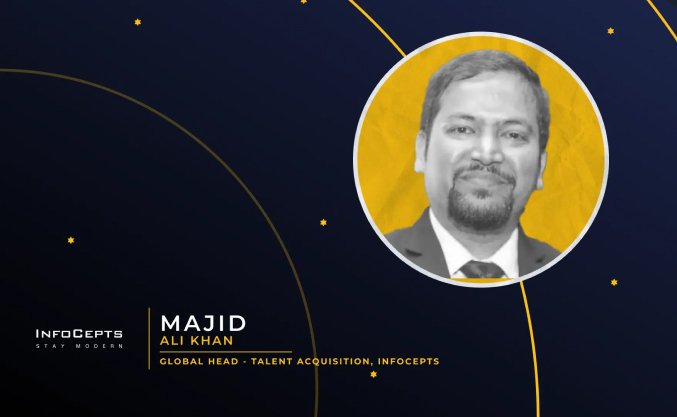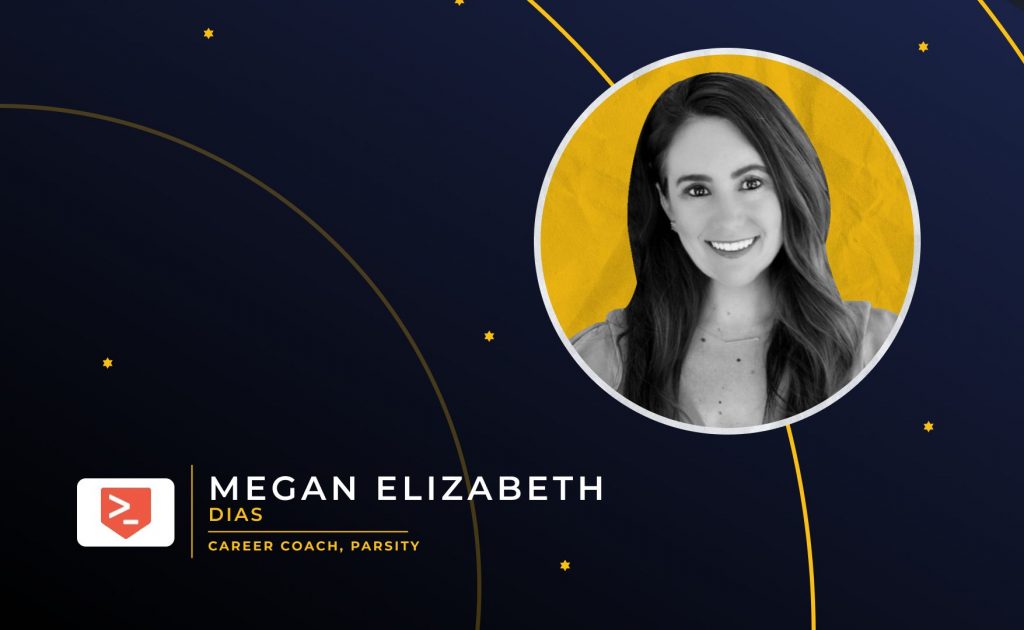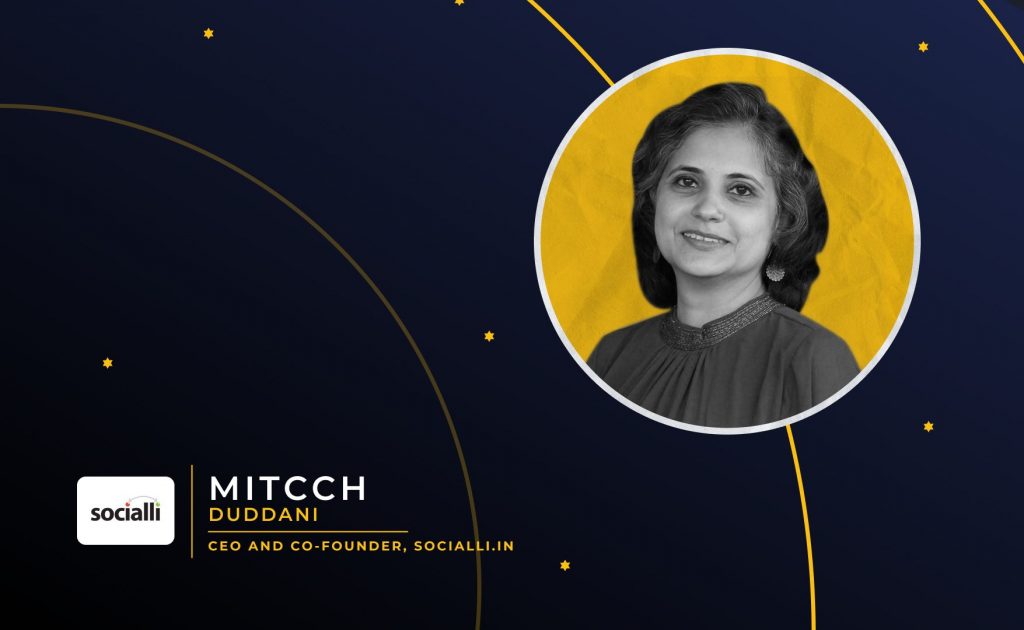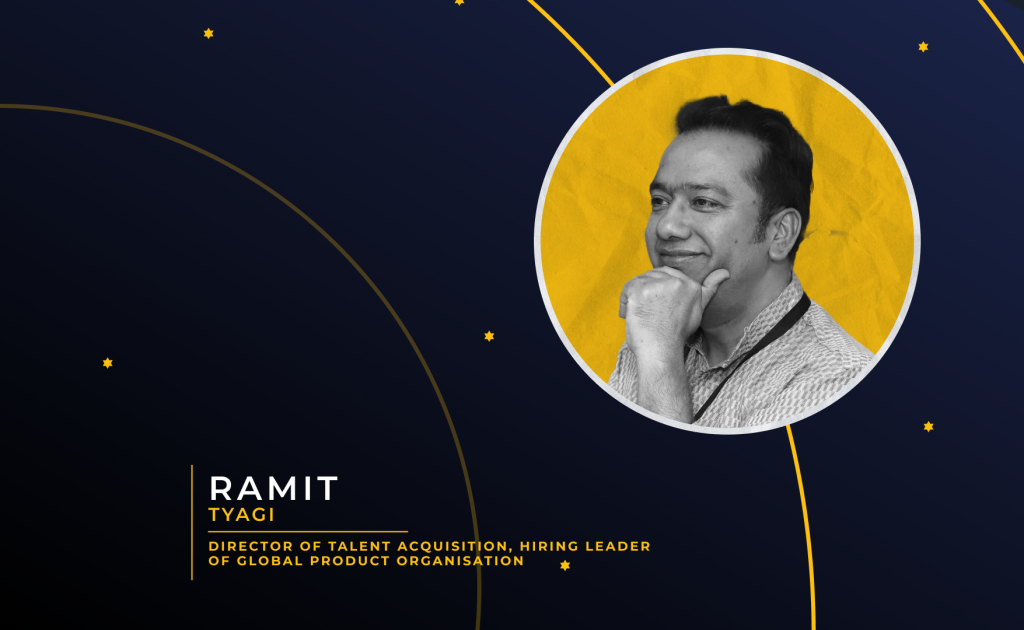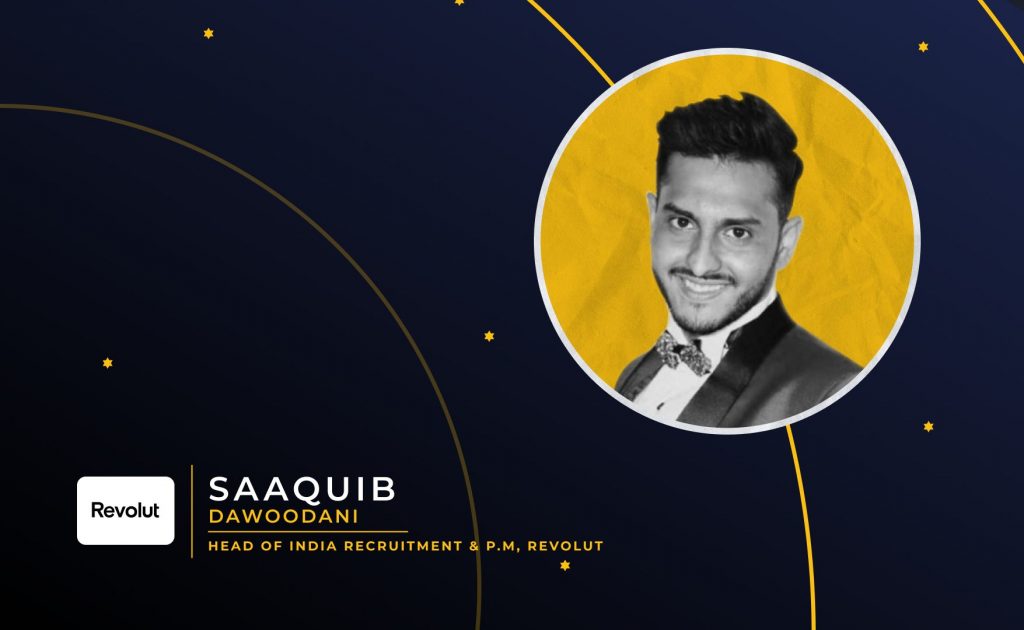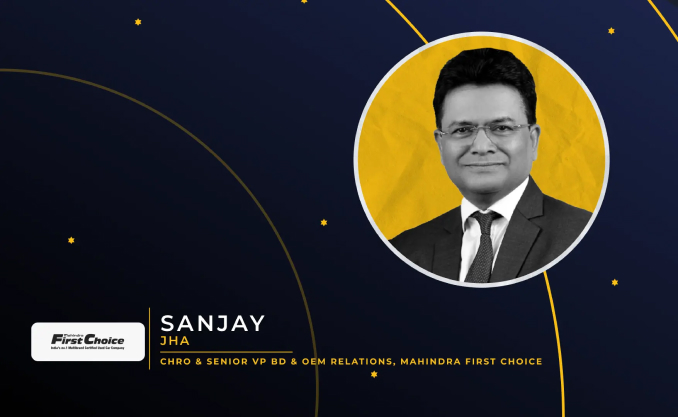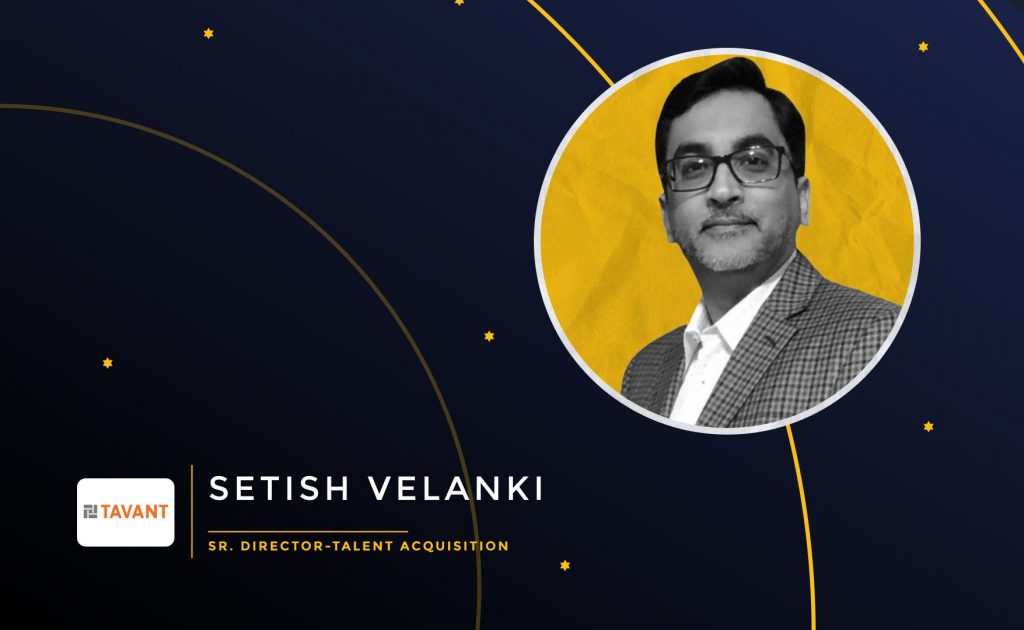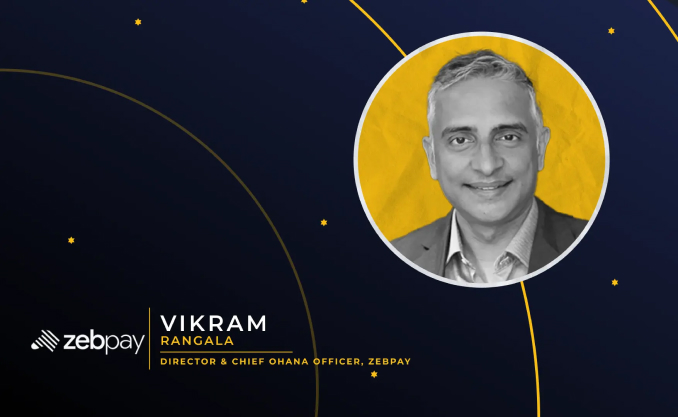Marca Clark has had a remarkable journey, having worked across diverse fields, ranging from retail to human resources. With over 15 years of experience in HR, she has worked with renowned organizations such as Starbucks, Advent Software, and Glassdoor. Currently, Marca serves as the Senior Director of Talent and Organizational Development at New Relic Inc.
When asked about talent development, Marca claims that this is a golden age for talent development.
Marca emphasizes the crucial role of comprehending organizations when it comes to talent and organizational development.
Table of contents
- About Marca Clark
- Transition from retail to HR
- Importance of people in organization
- Talent development
- Most rewarding intervention
- Metrics to measure success
- Values in an organization
- Employee experience
- Work from home vs work from office
- Right opportunities for organizations
- Advice to HR professionals
At the intersection of business success and people success
Early in my career, Idiscovered that my passion lay at the intersection of business success and people’s success.
My career journey began in retail management shortly after college. Initially, I took a retail job to enhance my communication skills and overcome my shyness. I soon progressed to a management position where I had the opportunity to hire and train employees. I observed how some people thrived in their roles and developed a love for their work.
When matched with the right job, people excelled in their roles So I started to focus on creating conducive conditions for employees, and that led to exceptional customer experiences and strong business performance. I found myself drawn to both the paths of business success and people success, and wondered how I could achieve both.
That’s when I discovered the field of organization development and decided to pursue a master’s degree. The next step in my journey was transitioning into an HR role at a software company, where I could utilize my knowledge and skills to further drive business success and people success.
Employee experience a top priority
Transitioning from retail to the software industry was quite a culture shock for me. In retail, margins are often slim, and cost-consciousness is crucial, especially in publicly traded retail companies. On the other hand, in the software industry, there’s an understanding that people are the company’s most valuable asset. Creating the right employee experience and providing the best conditions for employees to perform at their best is a top priority.
Initially, I questioned whether transitioning into an HR role in a tech company was the right choice for me. Once I adjusted to the differences, I came to love it. We do important work and I’m surrounded by smart people who are driven to solve complex problems.
Leading talent development in such an environment is truly rewarding.
A crucial aspect of successful businesses today
Working in retail gave me a valuable insight into the importance of treating employees well. I saw how a positive employee experience can lead to great customer service and ultimately, a thriving business. This value chain has remained consistent over the past few decades, but there is now an increased focus on deriving value from employees. It is widely recognized that an organization’s success depends not on capital investments or machinery, but on the knowledge and relationships that employees bring to the table.
“I think this is the golden age for talent development.”
I understand that talent development is becoming increasingly important for CEOs and board members. Given the rapidly changing business landscape, it is crucial for employees to learn new skills, mindsets, and approaches. It is no longer sufficient, or even possible, to hire new employees for each change that occurs. Instead, companies need to find ways to re-skill, re-engage, and redirect existing employees. Talent development will play a vital role in achieving this.
Implementing new changes post-pandemic
Moreover, the pandemic has forced organizations to adapt to new ways of working. As we look towards the future, it is clear that we cannot simply go back to the way things were before. Finding ways to implement these new changes is one of the key challenges that organizations are currently facing.
Companies have now begun to introspect and assess even more whether they have the right people to achieve success. In 2020 and 2021 when the Great Resignation occurred, the emphasis was mainly on external hiring. Now, companies are directing their focus towards the existing talent within their organization. It makes sense to search within the organization since these individuals are already familiar with the product, understand how the organization operates, and have established relationships with customers.
Internal recruiting provides growth for existing employees and also enables the organization to experience less delays in filling vacant roles and staffing projects.
Rebooting value system for organizational growth
One of the most significant and fulfilling experiences I had was being part of a core values reboot in an organization. This particular company had very strong core values, which are undoubtedly crucial. However, strong values tend to hinder change by maintaining old patterns of thinking and behavior.
Therefore, our focus was on refreshing and realigning the values to put customers at the center of everything we do. We started by engaging with the founder and senior leaders to understand their vision for the organization when the values were well-enacted. Then we engaged a broad swath of employees in an iterative process. The end result was an short set of values behaviors, communicated through employee stories, graphics, and text.
It took us about five months to complete the process, but the results were truly worth the effort.
Gauging employee sentiment
Measuring the success of a change can be challenging, especially when multiple changes are happening simultaneously in the system. To measure the effectiveness of the values reboot, we decided to focus on gauging employee sentiment through engagement surveys. These surveys had questions about the values and behaviors that were being instilled in the system.
In addition to surveys, I also had the opportunity to attend company meetings, monitor Slack channels, and read emails to observe the changes being implemented. We also utilized emojis on Slack and Zoom, with each value having its own corresponding emoji, to further encourage their usage.
Another tool we used was a recognition platform that tracked how often people were being acknowledged for their use of these values. By analyzing all these signals, we were able to gain a better understanding of the effectiveness of the changes we made.
“At New Relic, we incorporate values into our promotion and assessment criteria, making performance-driving behaviors as important as the results themselves.”
Our performance evaluations take into account not only what we achieve but also how we achieve it. As a result, our rewards and recognition programs are intrinsically linked to the positive behaviors we wish to foster.
We are also prioritizing employee experience and exploring ways to make performance more sustainable. Our goal is to achieve business success while ensuring that our employees do not experience burnout.
Like many other organizations, we hadhigh turnover in 2020 as employees took stock of their priorities in light of the global pandemic. We implemented initiatives to promote well-being, encourage employees to take proper time off, foster work-life balance, and offer flexible work arrangements to support sustainable productivity.
Strong foundation for success
Although many employees seem to be staying with their companies at the moment, it is important to remember that this may change in the future. As the job market improves, more and more of these passive job seekers may become active, leading to a potential wave of resignations.
Therefore, it is crucial for leaders to create an environment where employees can thrive. This will lead to longer retention, higher quality work, and a positive employer brand reputation. By meeting their employees’ basic needs and showing respect, organizations can build a strong foundation for success in the long run.
Learning from Talent Development
One critical aspect of working in talent and organization development is having a deep understanding of organizations. When I first transitioned to this field, it seemed like every organization required at least 25 years of experience. How is it possible to get started? What I tell people now is to gain as much experience as possible working in organizations. In almost any job there are opportunities to improve processes, get involved in training and mentoring others, and do user research. Jump in, then reflect on what aspects you enjoy and what you don’t.
Looking back, if I could give advice to my younger self, I would say to persevere through the low periods in your career and pay attention to the changes you need.

